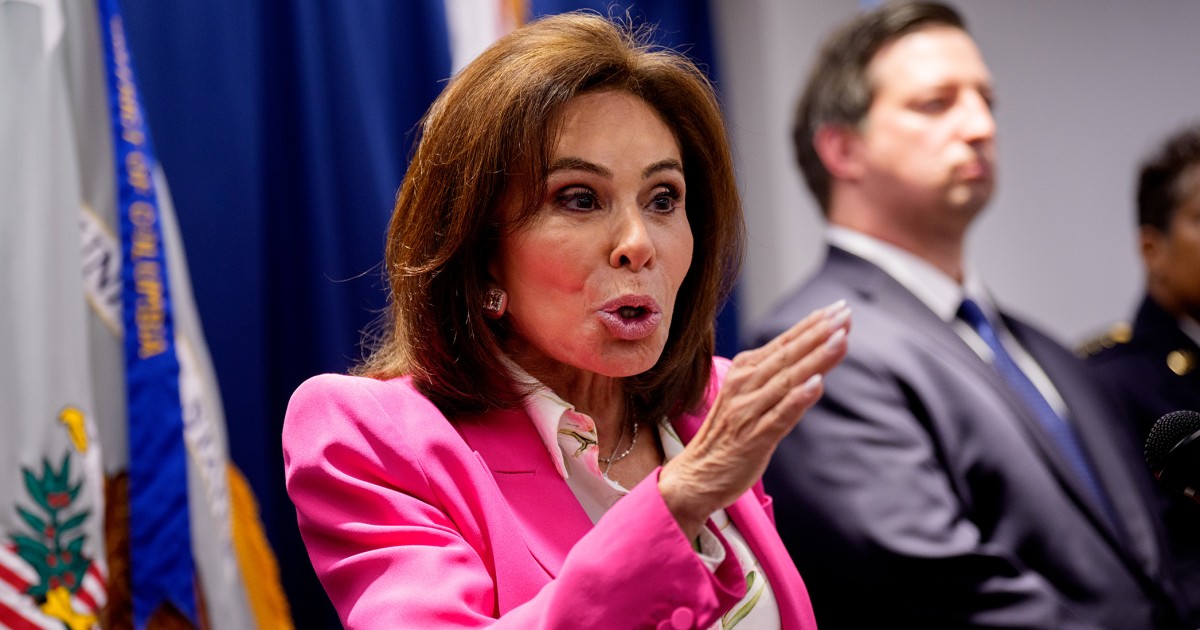Federal Grand Juries Decline Indictments in Cases Alleging Threats Against President Trump
Multiple federal grand juries declined to indict women, including Nathalie Rose Jones, accused of threatening President Trump, a rare rebuke to Justice Department prosecutors.
Subscribe to unlock this story
We really don't like cutting you off, but you've reached your monthly limit. At just $5/month, subscriptions are how we keep this project going. Start your free 7-day trial today!
Get StartedHave an account? Sign in
Overview
- Multiple federal grand juries have recently declined to indict individuals, specifically women, accused of making threats against President Trump, rebuking federal prosecutors.
- Nathalie Rose Jones, arrested in Washington, D.C. on August 16 for alleged social media death threats against President Trump, was not indicted by a grand jury.
- The rejection of indictments by grand juries in such serious cases, especially those involving threats against the President, is considered an extremely rare occurrence.
- This pattern of grand jury refusals represents a significant rebuke to Justice Department prosecutors, despite the evidence they presented in these cases.
- These grand jury decisions also extend to other cases, including those involving alleged assaults on law enforcement officers, highlighting a broader trend of non-indictment.
Report issue

Read both sides in 5 minutes each day
Analysis
Center-leaning sources frame this story as a significant "rebuke" to prosecutors and a "backlash" against the Trump administration's law enforcement "crackdown." They emphasize the rarity of grand juries refusing indictments, linking these decisions to a broader pattern of resistance and speculation that jurors are using their votes to protest White House policies.
Articles (5)
Center (1)
FAQ
Federal grand juries declined to indict due to their assessment of the evidence presented, which prosecutors argued showed threats against President Trump. However, grand jurors found the evidence insufficient for indictment in these rare instances, effectively rebuking the Justice Department prosecutors.
Nathalie Rose Jones allegedly made social media posts threatening to kill, kidnap, or seriously harm President Trump, calling him a 'terrorist' and a 'nazi.' She admitted in interviews to the Secret Service that she would kill Trump if she had the opportunity and mentioned carrying a bladed weapon for that purpose.
It is extremely rare for federal grand juries to decline indictments in cases involving threats against the President. The recent pattern of grand jury refusals in such serious cases, including threats against President Trump, marks an unusual and significant rebuke to federal prosecutors.
Yes, the grand jury refusals also extend to other cases, including alleged assaults on law enforcement officers, indicating a broader trend of non-indictment in related criminal cases in Washington, D.C.
History
- This story does not have any previous versions.




